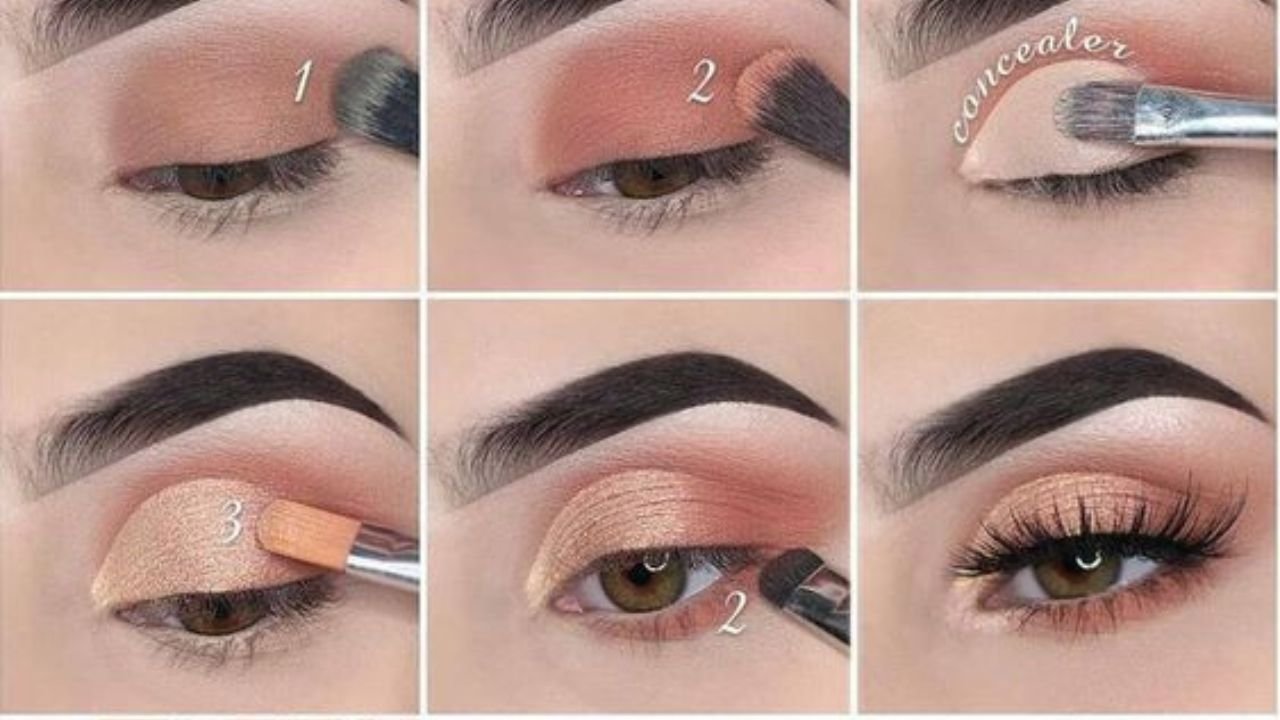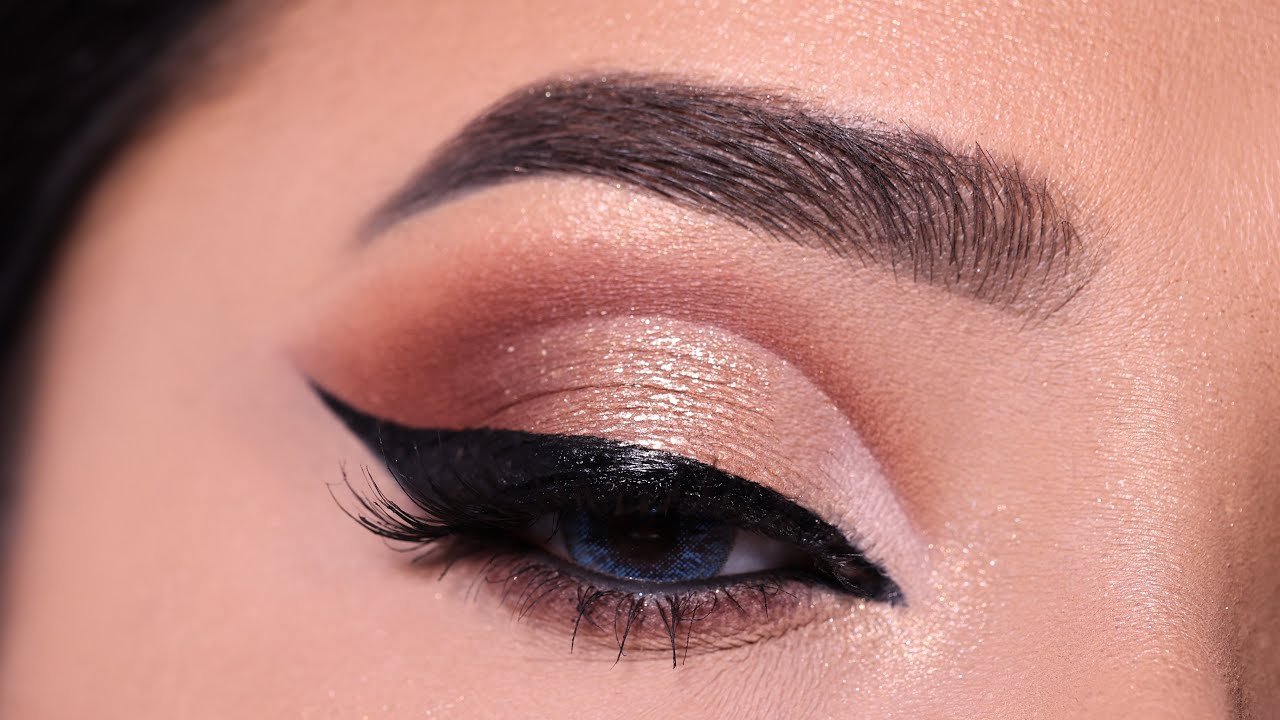7 Amazing Benefits of Aloe Vera for Skin Brightening

Introduction
Aloe Vera has been revered for centuries as a natural remedy for skin ailments, beauty enhancement, and overall wellness. Known as the “plant of immortality” in ancient Egypt, aloe vera is packed with a potent combination of vitamins, enzymes, antioxidants, and anti-inflammatory compounds that make it an exceptional skincare ingredient.
In recent years, the focus on natural and organic skincare solutions has surged, and aloe vera has gained popularity as a star ingredient for skin brightening and achieving a radiant complexion. Its gentle yet effective properties make it suitable for all skin types, including sensitive and acne-prone skin.
This comprehensive guide explores the seven incredible benefits of aloe vera for skin brightening, backed by scientific research, practical application tips, and insights into how it can transform your skin.
1. Natural Skin Lightening and Brightening
How Aloe Vera Brightens the Skin
Aloe vera contains aloin, a natural depigmenting compound, which helps lighten dark spots, hyperpigmentation, and uneven skin tone. It inhibits the production of melanin, the pigment responsible for skin color, thereby promoting a brighter, more uniform complexion.
Scientific Evidence
Research published in the Journal of Ethnopharmacology indicates that aloe vera extracts can reduce melanin synthesis by inhibiting tyrosinase activity, an enzyme critical in melanin production. This results in a visible reduction in dark spots and hyperpigmentation.
Practical Application
- Aloe Vera Gel Application: Extract fresh gel from aloe vera leaves and apply directly to affected areas twice daily.
- Aloe Vera and Lemon Juice Mask: Mix equal parts aloe vera gel and lemon juice to enhance brightening effects. Lemon contains vitamin C, a well-known skin brightener. However, use sunscreen after application to prevent photosensitivity.
Tips for Best Results
- Use fresh aloe vera gel for maximum efficacy.
- Combine with other natural ingredients like turmeric or honey for enhanced brightening.
- Consistent use over several weeks yields noticeable differences.
2. Reduces Dark Spots and Hyperpigmentation
How Aloe Vera Helps with Dark Spots
Dark spots and hyperpigmentation result from excess melanin production due to sun exposure, acne scars, or hormonal changes. Aloe vera’s soothing and healing properties aid in skin renewal and fading these spots.
The Role of Enzymes and Polysaccharides
Aloe vera contains enzymes like bradykinase that reduce inflammation, promoting healing of skin lesions and scars. Its polysaccharides stimulate cell regeneration, helping to fade dark spots over time.
Scientific Support
A study in Clinical, Cosmetic and Investigational Dermatology demonstrated that aloe vera extract accelerates wound healing and reduces hyperpigmentation by promoting collagen synthesis and skin regeneration.
Application Tips
- Spot Treatment: Apply aloe vera gel directly on dark spots after cleansing.
- Aloe Vera and Turmeric Paste: Turmeric has anti-inflammatory and skin-lightening properties. Mix turmeric powder with aloe vera gel and apply as a mask.
Additional Advice
- Use sunscreen diligently to prevent dark spots from forming anew.
- Be patient; fading hyperpigmentation can take several weeks of consistent application.
3. Provides Intense Hydration and Moisturization
Why Hydration Matters for Skin Brightness
Dehydrated skin appears dull, flaky, and lacks radiance. Aloe vera is renowned for its high water content (about 99%), which helps hydrate the skin deeply, restoring its natural glow.
How Aloe Vera Moisturizes
Aloe vera’s mucopolysaccharides bind moisture to the skin, creating a protective barrier that prevents water loss. This results in smooth, plump, and luminous skin.
Scientific Evidence
Research published in International Journal of Cosmetic Science indicates that aloe vera enhances skin hydration and improves barrier function, leading to softer, more radiant skin.
Application Tips
- Daily Moisturizer: Use aloe vera gel as a lightweight moisturizer after cleansing.
- Aloe Vera and Cucumber Face Pack: Combine aloe vera gel with cucumber juice for an ultra-hydrating mask.
Tips for Maximizing Hydration
- Use cold aloe vera gel for a refreshing, de-puffing effect.
- Incorporate aloe vera into your skincare routine morning and night.
4. Soothes and Calms Skin, Reducing Inflammation
Inflammatory Conditions and Skin Brightening
Inflammation can cause skin redness, irritation, and dullness. Aloe vera’s anti-inflammatory properties soothe irritation, reduce redness, and improve skin tone.
Active Components Responsible
Aloe vera contains compounds like gibberellins and polysaccharides that suppress inflammatory pathways. It also contains antioxidants that neutralize free radicals, which contribute to skin aging and dullness.
Scientific Findings
Studies in the Journal of Dermatological Treatment highlight aloe vera’s efficacy in treating inflammatory skin conditions such as psoriasis and eczema, which can cause dullness and uneven tone.
Application Tips
- After Sun Exposure: Apply aloe vera gel to soothe sunburned or irritated skin.
- Calming Face Mask: Mix aloe vera with chamomile or green tea for enhanced calming effects.
Additional Tips
- Use aloe vera as a gentle cleansing gel to remove impurities without irritating the skin.
- Consistent soothing reduces inflammation-induced dullness over time.
5. Promotes Collagen Production for Youthful, Radiant Skin
Collagen and Skin Brightness
Collagen is essential for maintaining skin elasticity, firmness, and a youthful glow. Aloe vera stimulates collagen synthesis, resulting in plumper, brighter skin and reducing the appearance of fine lines and wrinkles.
Scientific Evidence
Research in Journal of Ethnopharmacology shows that aloe vera stimulates fibroblast activity, leading to increased collagen and elastin production.
How to Enhance Collagen Production
- Regular application of aloe vera gel can help maintain skin’s youthful appearance.
- Combine aloe vera with vitamin C-rich ingredients like citrus extracts or rose hips to boost collagen synthesis.
Application Tips
- Use aloe vera as a base in anti-aging masks.
- Massage aloe vera gel onto the face daily to stimulate collagen.
Additional Insights
- Protect skin from UV damage, which breaks down collagen, to preserve the bright, youthful glow.
- Incorporate antioxidants in your routine alongside aloe vera for optimal results.
6. Fights Acne and Prevents Post-Acne Marks
Acne and Its Impact on Skin Brightness
Acne scars and marks can dull skin and cause uneven tone. Aloe vera’s antimicrobial and anti-inflammatory properties help reduce acne-causing bacteria, soothe inflamed skin, and promote healing.
Active Compounds
Aloe contains salicylic acid and sulfur, natural antimicrobial agents that combat acne. Its anti-inflammatory effects reduce swelling and redness.
Scientific Studies
A review in Dermatology Reports confirms aloe vera’s efficacy in acne management, highlighting its ability to reduce lesion size and prevent scarring.
Application Tips
- Spot Treatment for Acne: Apply aloe vera gel directly on active pimples.
- Aloe Vera and Tea Tree Oil: Combine with tea tree oil for enhanced antimicrobial action.
Preventing Post-Acne Marks
- Regularly use aloe vera to promote faster healing of acne lesions.
- Use gentle exfoliation to remove dead skin cells and allow aloe vera to penetrate effectively.
7. Acts as a Natural Exfoliant, Revealing Radiant Skin
Exfoliation and Brightening
Aloe vera contains enzymes like aliiase, which gently exfoliate dead skin cells, revealing brighter, smoother skin. This process prevents dullness and promotes a fresh appearance.
How to Use Aloe Vera for Exfoliation
- Aloe Vera and Oatmeal Scrub: Mix aloe vera gel with ground oats to create a gentle scrub.
- Aloe Vera and Sugar Paste: Combine aloe vera with sugar for a natural exfoliant.
Tips for Safe Exfoliation
- Use once or twice a week to avoid over-exfoliating.
- Follow with a moisturizer to soothe the skin.
Additional Tips for Maximizing Aloe Vera’s Benefits
- Choose Quality Aloe Vera Products: Use pure, organic aloe vera gel or extract for best results.
- Patch Test New Products: Always test on a small skin area to prevent allergic reactions.
- Combine with Other Natural Ingredients: Ingredients like turmeric, honey, lemon, and green tea can enhance aloe vera’s benefits.
- Maintain a Healthy Lifestyle: Adequate hydration, balanced diet, and sun protection complement aloe vera’s skin-brightening effects.
- Consistent Routine: Regular application over weeks is essential for visible improvements.
Conclusion
Aloe vera is a versatile, powerful natural ingredient that offers numerous benefits for skin brightening and overall skin health. From reducing hyperpigmentation and dark spots to providing deep hydration, soothing inflammation, and stimulating collagen production, aloe vera can be your go-to solution for achieving radiant, youthful skin.
Incorporating aloe vera into your skincare routine can be simple, cost-effective, and free from harsh chemicals. Whether used fresh or as part of skincare formulations, its gentle yet effective properties make it suitable for all skin types.
Remember, patience and consistency are key. With regular use, aloe vera can help you attain the luminous, even-toned skin you desire, enhancing your natural beauty and boosting your confidence.
References
- Surjushe, A., Saple, D. G., & Shevde, K. (2008). Aloe vera: A short review. Indian Journal of Dermatology, 53(4), 163–166.
- Chithra, P., Sajithlal, G. B., & Chandrakasan, G. (1998). Influence of Aloe vera on collagen characteristics in healing dermal wounds in rats. Vascular Pharmacology, 32(4), 251–257.
- Hegazy, R., & El-Tantawy, W. H. (2019). Evaluation of the efficacy of Aloe Vera gel in the management of acne vulgaris. Clinical, Cosmetic and Investigational Dermatology, 12, 533–540.
- Hamman, J. H. (2008). Aloe Vera leaf gel: A review update. Journal of Ethnopharmacology, 117(2), 1–27.
Note: This article provides a detailed overview; for personalized skincare advice, consult a dermatologist or skincare professional.



